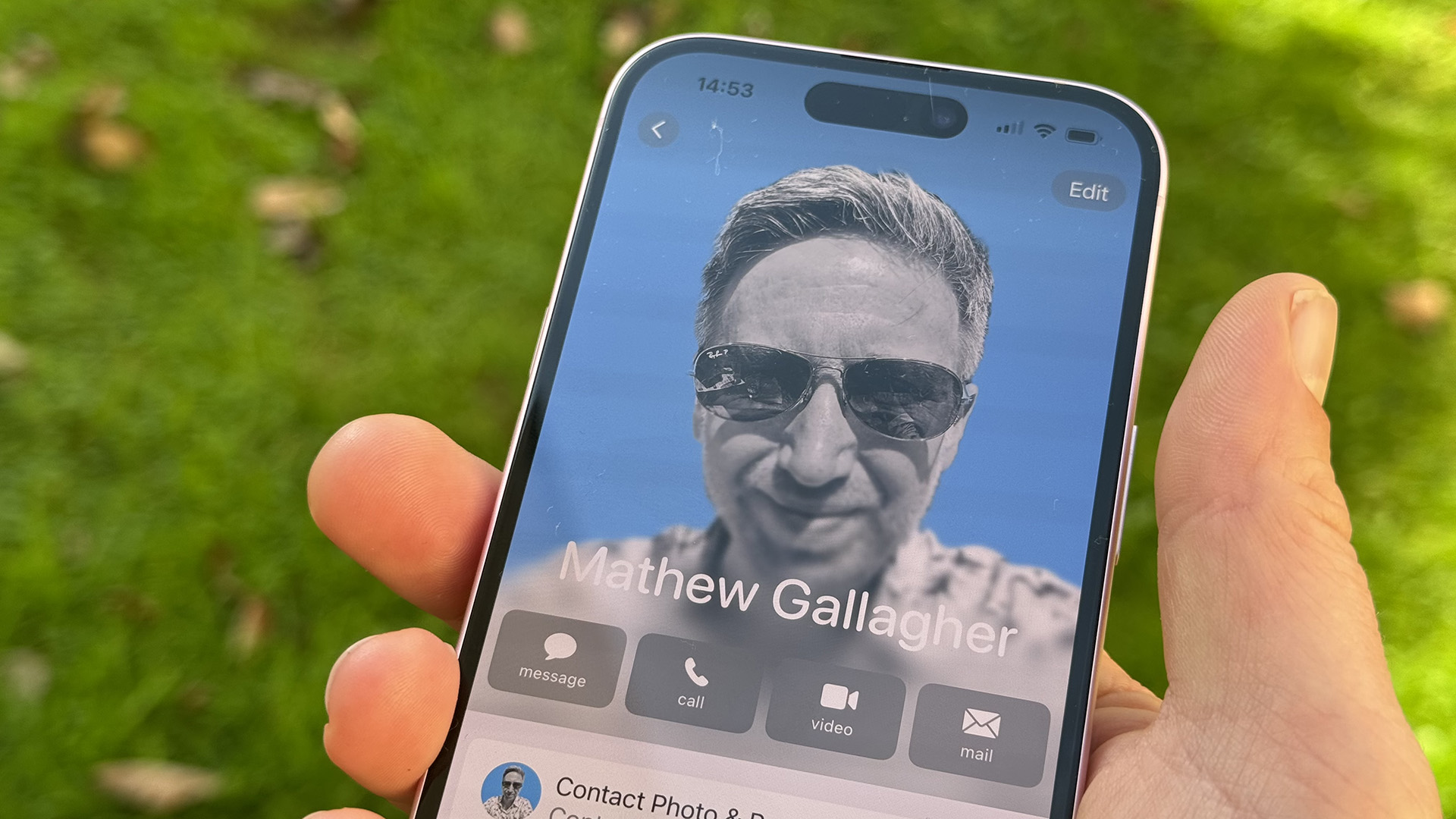No, the iPhone 15 isn’t dangerous for kids
There's an iPhone scare story doing the rounds, and the police are helping to spread it – but it's based on bad information


Get all the latest news, reviews, deals and buying guides on gorgeous tech, home and active products from the T3 experts
You are now subscribed
Your newsletter sign-up was successful
There's a new iPhone scare story doing the rounds, and while the people sharing it might have good intentions they're doing it with bad information.
The short version: the new NameDrop feature on the iPhone 15, the Apple Watch Series 9 and iPhones running iOS 17 is not a danger to your children.
The story is of a similar variety to tales of clowns driving around town in white kidnapping vans and drug dealers lacing Halloween chocolate with Fentanyl, but unfortunately like some of those lower-tech scares it's been picked up and amplified by several US law enforcement departments – they have issued warnings to parents about the supposed dangers of NameDrop.
And. as is often the case with tech scare stories it's based on a lack of understanding about what the feature is and how it works.
One example is from the cops in Michigan, which warns parents that NameDrop "allows you to share your contact information by being next to another iPhone." However, that doesn't mean you can just sit there and grab strangers' contact details, because that's not how the feature works.
How NameDrop shares your information, or doesn't
NameDrop doesn't share any information, unless you give it explicit consent.
While you can activate the feature by bumping two iPhones together – it's not so much a case of having iPhones near one another, as some warnings have claimed, as being right on top of each other – it then asks you whether you want to share.
Get all the latest news, reviews, deals and buying guides on gorgeous tech, home and active products from the T3 experts
If you tap "Receive Only", your contact details aren't shared. And, if one of you doesn't tap "Share" and the other doesn't tap "Receive Only", nothing is shared either.
To be fair, there's no obvious "no" button here, and that means it's possible that someone might accidentally share their contact information by clicking one of the two options. But, the likelihood of that happening is pretty low. And, the likelihood of it being abused by, say, a killer clown with a white panel van is pretty much zero.
The confusion here appears to come from a scaremongering TikTok video that's gone viral and ended up forwarded to police officers. They haven't then applied the basic tech scare story test of asking, "Is this nonsense?"
It does indicate a communication problem on Apple's part, though. It's clear that NameDrop could be designed in a way that makes it much clearer what's going on. No doubt that'll happen in a future software update.
Writer, musician and broadcaster Carrie Marshall has been covering technology since 1998 and is particularly interested in how tech can help us live our best lives. Her CV is a who’s who of magazines, newspapers, websites and radio programmes ranging from T3, Techradar and MacFormat to the BBC, Sunday Post and People’s Friend. Carrie has written more than a dozen books, ghost-wrote two more and co-wrote seven more books and a Radio 2 documentary series; her memoir, Carrie Kills A Man, was shortlisted for the British Book Awards. When she’s not scribbling, Carrie is the singer in Glaswegian rock band Unquiet Mind (unquietmindmusic).
